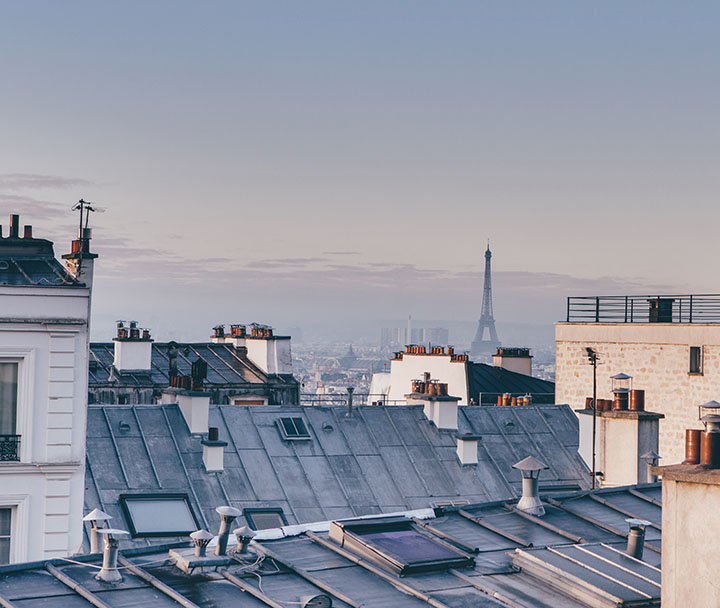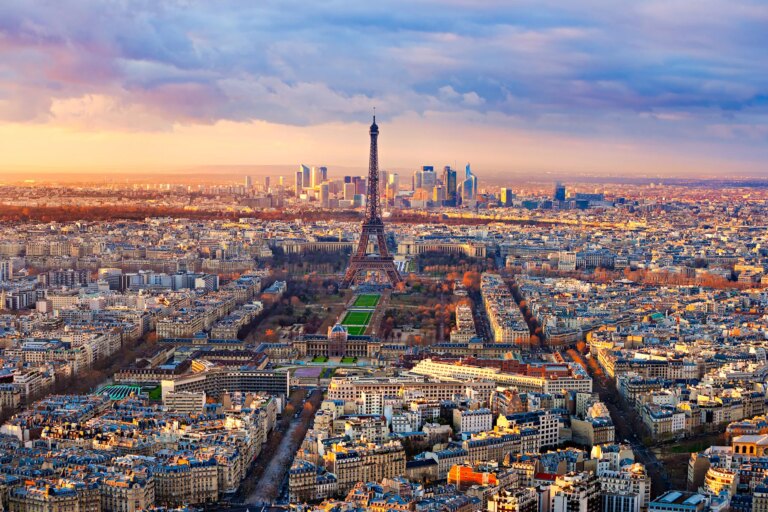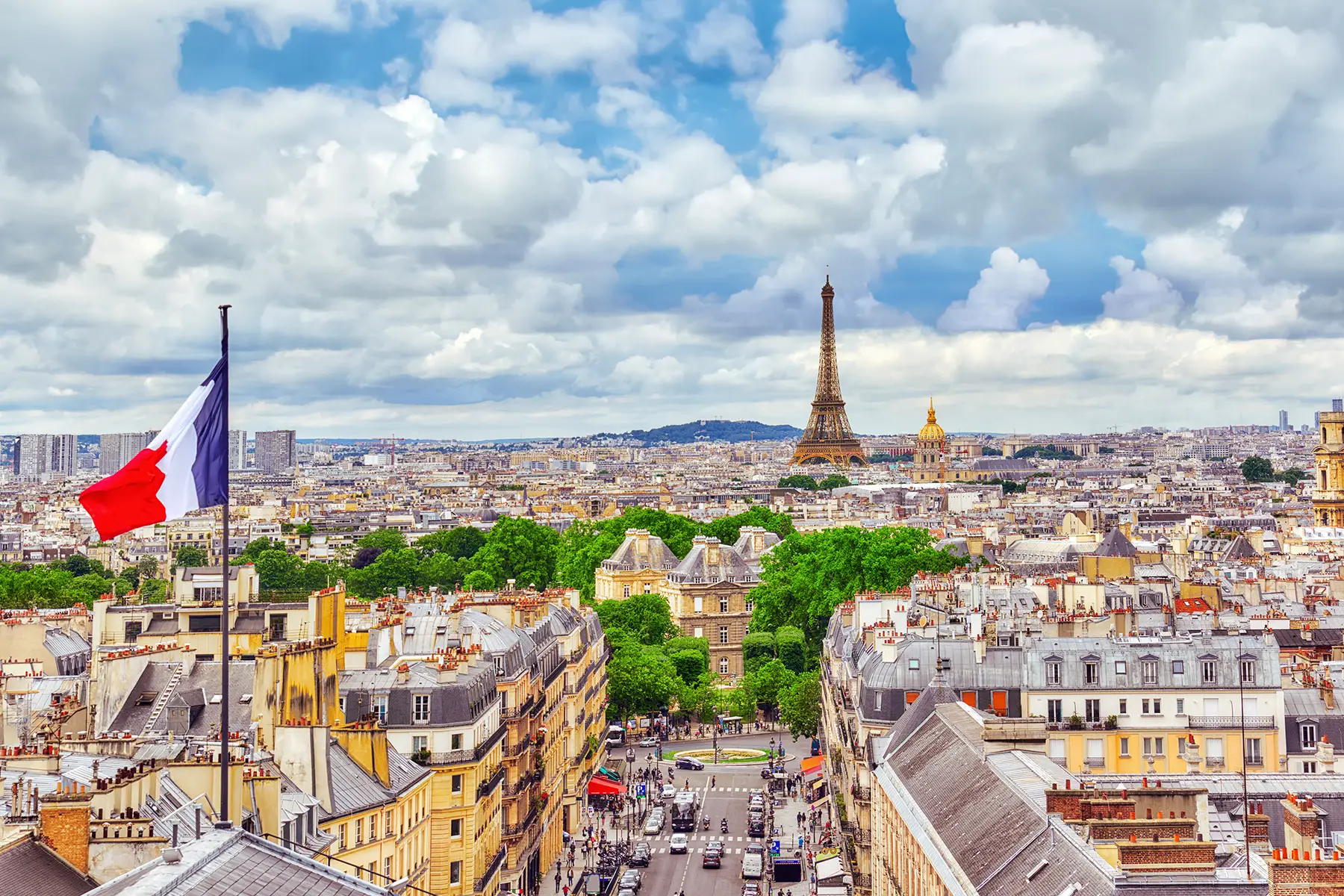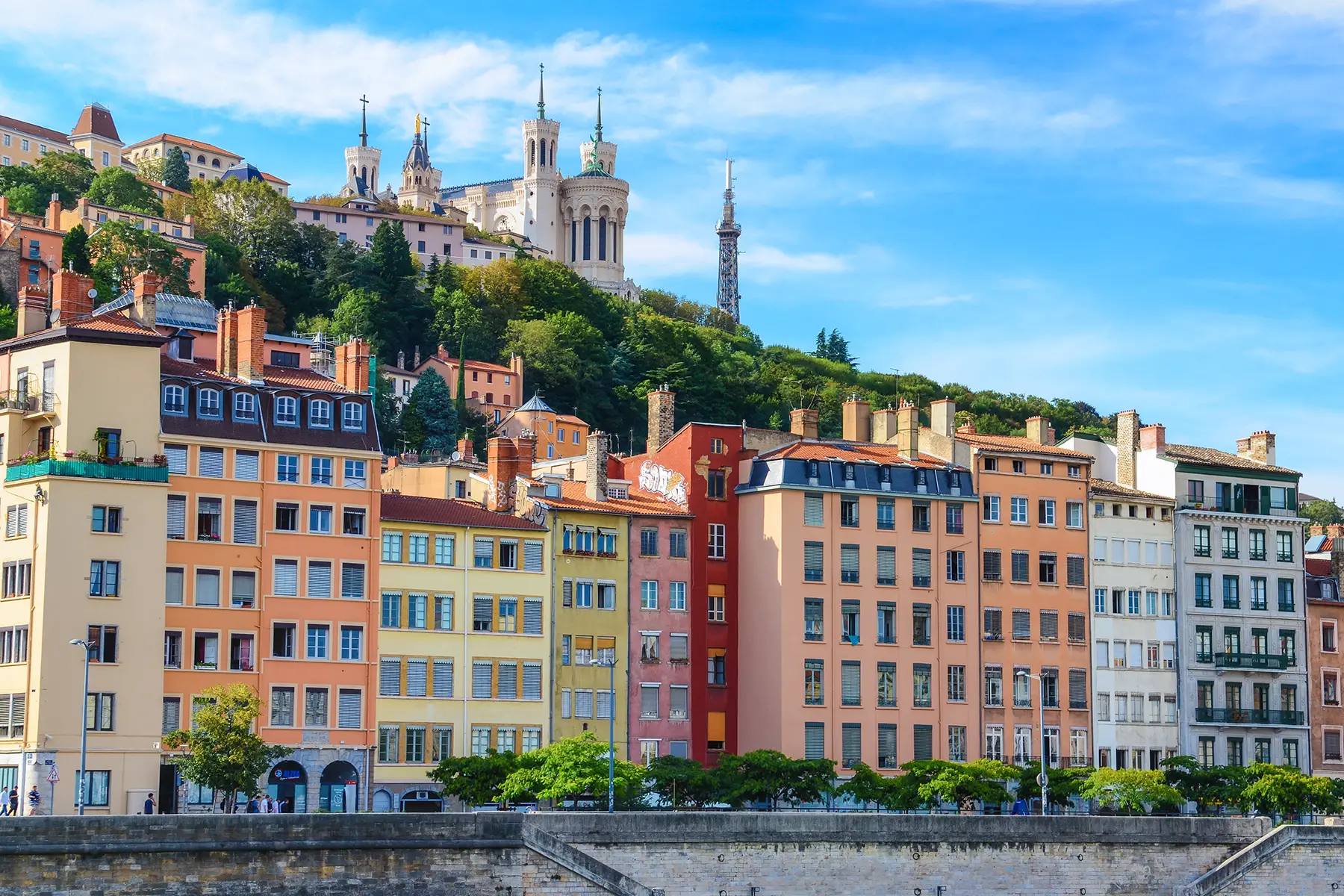Elegance, crunchy baguettes, and romance on every corner
Expatica France

Explore
Editor's picks

Getting health insurance in France
Health insurance in France is split between public and private coverage. Find out who needs which, what they cover, how to register, and the costs.
Read More
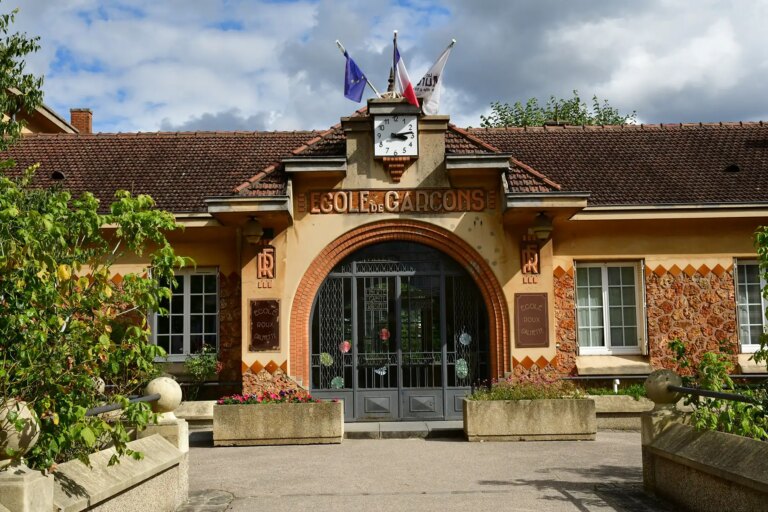
The French education system
Moving to France with kids? Learn how to navigate the French education system and explore the educational support on offer.
Read More

Dating in France: finding love as an expat
France is synonymous with romance, but what is dating really like? Learn where to meet singles, what to expect, and how to impress your date.
Read More
Expat tools
Make your expat journey easier with our handy tools
Job search
Looking for work? Search our job postings to discover a position suited to your talents
Read more
